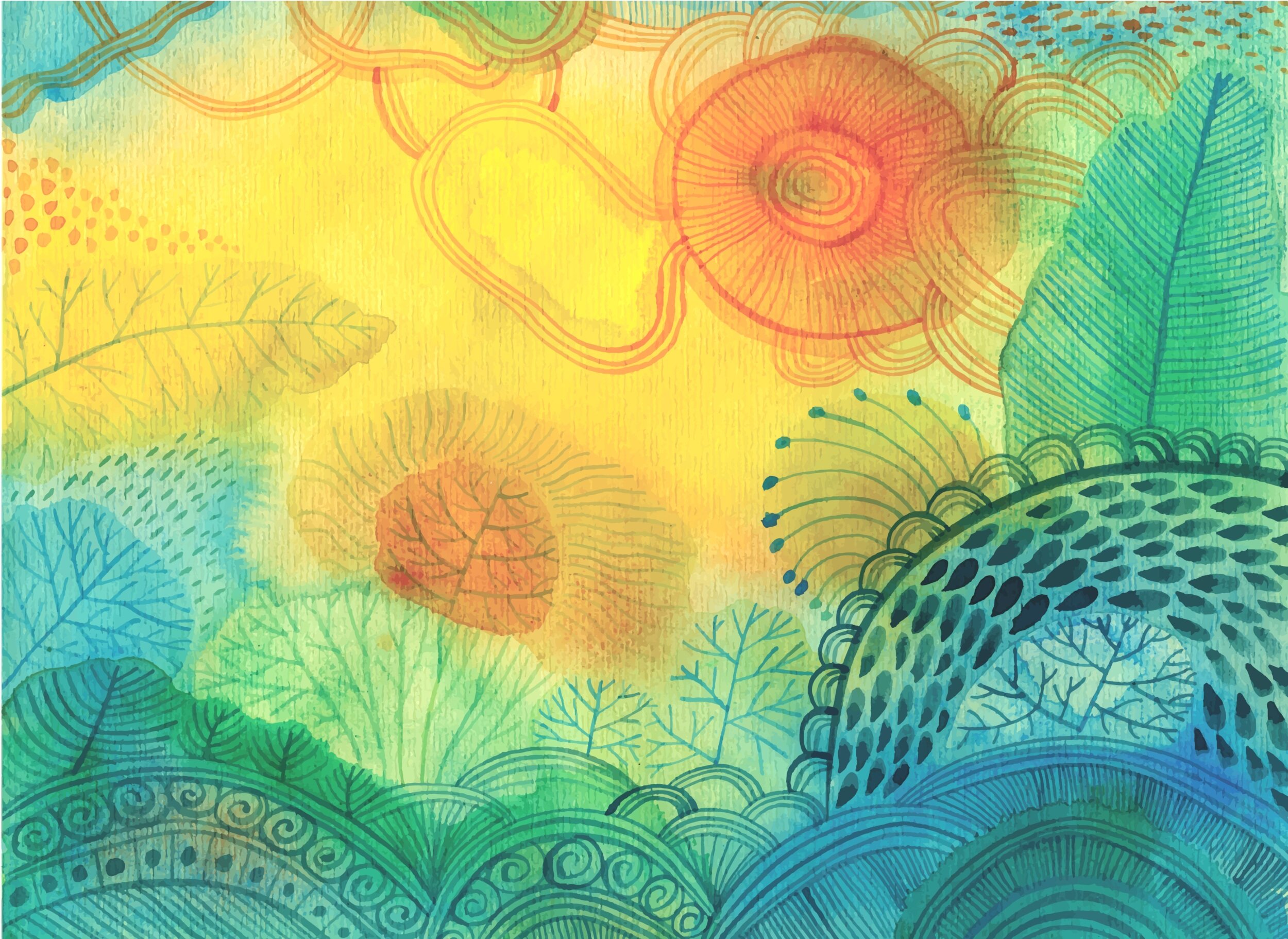
“IF YOU ARE ALWAYS TRYING TO BE NORMAL…”

“…YOU WILL NEVER KNOW HOW AMAZING YOU CAN BE.”
- Maya Angelou
Some individuals have neurological variations that make it more challenging for them to communicate, express, and interact with others.
Does this sound like you?
You were diagnosed with autism.
You wonder if you're on the autism spectrum.
You find it hard to concentrate, focus, or think at work.
You feel like you don’t “fit in” or “belong”.
Dating or being in a relationship is hard for you
You’re easily overwhelmed in busy, loud, or new environments.
Social cues and body language are a mystery to you.
You enjoy repetition and predictability.
You feel comfortable with routines and clear rules.

If so, you may be neurodivergent – in fact, this is how my journey to self-identifying as autistic began. These traits mean that we see and experience the world differently than most people. We are living in a world that functions with a different set of rules than those that make sense to us and it creates a greater set of obstacles. By learning to identify your difficulties, highlight your strengths, advocate for accommodations, and communicate your needs successfully, life can feel much less stressful and confusing.
ADULT OCCUPATIONAL THERAPY
As an Occupational Therapist (OT), I can help you understand and navigate the social, psychological, and environmental components of everyday life. We can address sensory processing, self-regulation, social participation, and coordination skills.
We often utilize activities that challenge and improve executive functioning skills such as working memory, flexible thinking, self-discipline, initiating tasks, emotional control, perspective taking, planning, and prioritizing.
Together we will tailor a unique treatment plan specific to your needs and goals so that over time you will have the necessary resources to thrive at work, in relationships, and in daily life.
As a neurodivergent OT, I welcome sharing my experiences and challenges and can empathize and relate with the struggles, frustration, and anxiety experienced as a neurodivergent person, parent, partner, and professional.



